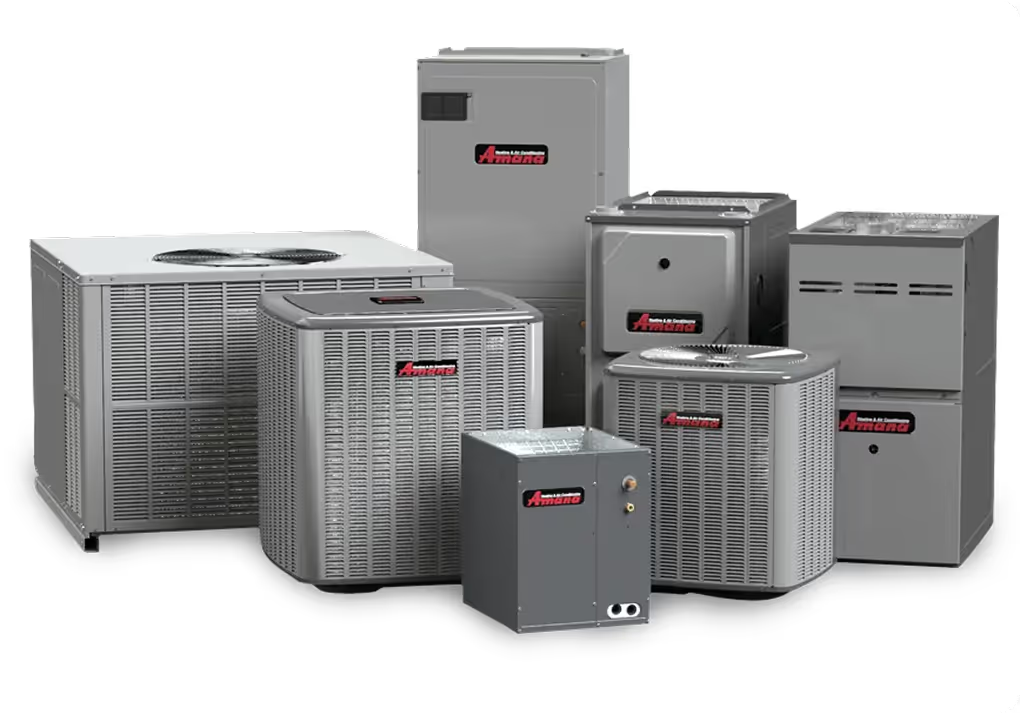Furnace Installation in Raleigh, NC: A Comprehensive Guide to New System Implementation
Investing in a new furnace for your Raleigh, NC home is a significant decision that impacts comfort, energy efficiency, and indoor air quality for years to come. A proper furnace installation is not merely replacing an old unit; it involves a meticulous process tailored to your home's specific requirements and local building codes. This comprehensive guide details the stages and considerations involved in professional furnace installation in the Raleigh area, ensuring your heating system operates optimally and reliably.
.jpeg)
The Foundation: Expert Site Assessment
Every successful furnace installation begins with a thorough site assessment. This crucial initial step involves a detailed evaluation of your home by experienced technicians. During this assessment, several factors are carefully considered to determine the ideal furnace for your property in Raleigh. These include:
- Home Size and Layout: The square footage, number of rooms, and ceiling heights directly influence the heating load and, consequently, the required furnace capacity.
- Insulation Levels: Adequate insulation in walls, attics, and windows significantly impacts heat loss and retention, influencing the furnace size needed.
- Existing Ductwork: The condition, size, and layout of existing ductwork are assessed. Damaged, undersized, or leaky ducts can severely compromise a new furnace's efficiency and performance, often requiring repairs or modifications.
- Fuel Type Availability: Whether your home has access to natural gas or primarily uses electricity will dictate the type of furnace (gas or electric) that is most practical and cost-effective for your Raleigh residence.
- Ventilation Requirements: Proper airflow and exhaust routes are crucial for safety and efficiency, particularly for gas furnaces.
- Local Climate Considerations: While Raleigh experiences mild winters compared to some regions, having a furnace appropriately sized for occasional cold snaps is vital for consistent comfort.
This comprehensive assessment ensures that the selected furnace is precisely matched to your home's unique heating demands, preventing common issues like short-cycling, inadequate heating, or excessive energy consumption.
Selecting Your New Furnace
Based on the site assessment, recommendations will be provided for furnace types and models. Key considerations include:
- Fuel Source: Natural gas furnaces are common in Raleigh due to their efficiency and lower operating costs, while electric furnaces offer an alternative where gas lines are unavailable or preferred.
- Efficiency Ratings (AFUE): Annual Fuel Utilization Efficiency (AFUE) ratings indicate how efficiently a furnace converts fuel into heat. Higher AFUE ratings mean less energy waste and lower utility bills, a significant long-term benefit for Raleigh homeowners.
- Capacity (BTUs): The furnace's heating capacity, measured in British Thermal Units (BTUs), must precisely match your home's heating load determined during the site assessment. An undersized unit will struggle to heat your home, while an oversized unit will short-cycle, leading to inefficiencies and premature wear.
- Features: Modern furnaces come with various features like multi-stage heating, variable-speed blowers, and smart thermostat compatibility, all designed to enhance comfort and energy savings.
The Installation Process: From Setup to Commissioning
Once the ideal furnace is selected, the installation process proceeds methodically, ensuring every component is fitted and calibrated for optimal performance.
Removal of Existing Equipment
If replacing an old unit, the first step involves safely disconnecting and removing the old furnace, along with any associated components that are no longer needed. This includes safely handling gas lines, electrical wiring, and venting.
Mounting and Connections
The new furnace is carefully positioned and securely mounted. Gas-fired furnaces require precise connection to the natural gas line, demanding professional expertise to ensure leak-free and safe operation. Electrical furnaces necessitate dedicated circuits and wiring to handle the power load safely. All electrical connections must comply with National Electrical Code (NEC) standards and local Raleigh regulations.
Venting System Installation
For gas furnaces, a proper venting system is critical for safely expelling combustion byproducts, such as carbon monoxide, outside your home. This involves installing new vent pipes or connecting to existing, approved venting, ensuring correct slope, sealing, and termination points as per safety standards. High-efficiency furnaces often utilize PVC venting, which differs from older metal flue pipes.
Ductwork Integration and Modification
The new furnace must integrate seamlessly with your home's existing ductwork. Technicians will inspect, seal, and potentially modify the duct system to ensure proper airflow distribution throughout your home. This may involve repairing leaks, adding plenums, or adjusting duct runs to optimize heating performance and prevent hot or cold spots, which is vital for even heating across your Raleigh property. In some cases, if the existing ductwork is severely inadequate or damaged, a partial or complete replacement might be recommended.
Thermostat Integration
The thermostat acts as the brain of your heating system. Professional installation includes integrating your chosen thermostat, whether it's a basic programmable model or a sophisticated smart thermostat. Smart thermostats offer features like remote access, learning capabilities, and zoning control, providing enhanced comfort and energy management for your Raleigh home. Proper wiring and configuration ensure accurate temperature sensing and system control.
Electrical Work and Safety Checks
Beyond basic power connections, thorough electrical work involves verifying that the furnace has a dedicated circuit with appropriate overcurrent protection. All wiring is checked for integrity, proper grounding, and insulation. Comprehensive safety checks are performed to prevent electrical hazards and ensure the system operates within safe parameters.
Permitting and Inspections in Raleigh, NC
A critical aspect of furnace installation in Raleigh, NC, is compliance with local building codes and obtaining the necessary permits. Professional installers handle the permit application process with the City of Raleigh or Wake County, ensuring all work adheres to established safety and construction standards. Following installation, a mandatory inspection by a city or county official verifies that the new furnace and its connections meet all code requirements, providing peace of mind and validating the quality of the installation.
Commissioning and Performance Testing
After all physical connections are made and safety checks are complete, the furnace undergoes a rigorous commissioning process. This involves:
- System Start-Up: Carefully starting the furnace and monitoring its initial operation.
- Airflow Balancing: Adjusting airflow through the ductwork to ensure even heat distribution.
- Temperature Rise Verification: Measuring the temperature difference between the return and supply air to confirm the furnace is heating efficiently.
- Gas Pressure and Combustion Analysis: For gas furnaces, precise measurements of gas pressure and flue gas composition are taken to ensure safe, clean, and efficient combustion.
- Thermostat Calibration: Verifying that the thermostat accurately reads and controls the system.
This meticulous testing ensures the new furnace is operating at peak efficiency and performance from day one.
Warranty and Post-Installation Support
A new furnace typically comes with a manufacturer's warranty covering parts for several years. Additionally, reputable installers provide a labor warranty on their installation work, offering peace of mind regarding the quality and longevity of the service provided. Understanding these warranties is essential for Raleigh homeowners.
Energy Efficiency Considerations
A professionally installed, high-efficiency furnace can significantly reduce your energy consumption and lower heating bills throughout Raleigh's cooler months. Proper sizing, sealed ductwork, and optimal calibration directly contribute to these savings. Homeowners can further enhance efficiency by regularly changing air filters and scheduling annual maintenance for their new system.
By understanding the detailed steps involved in professional furnace installation in Raleigh, NC, you can make informed decisions and ensure your home benefits from a safe, efficient, and reliable heating system for many winters to come.

Featured Manufacturer
Amana is known for delivering high-quality heating and cooling solutions backed by industry-leading warranties. With a focus on energy efficiency, durability, and American craftsmanship, Amana products are designed to keep your home comfortable year-round.









.png)
.png)
.png)
.png)
.png)
.png)
.png)
.png)
.png)
